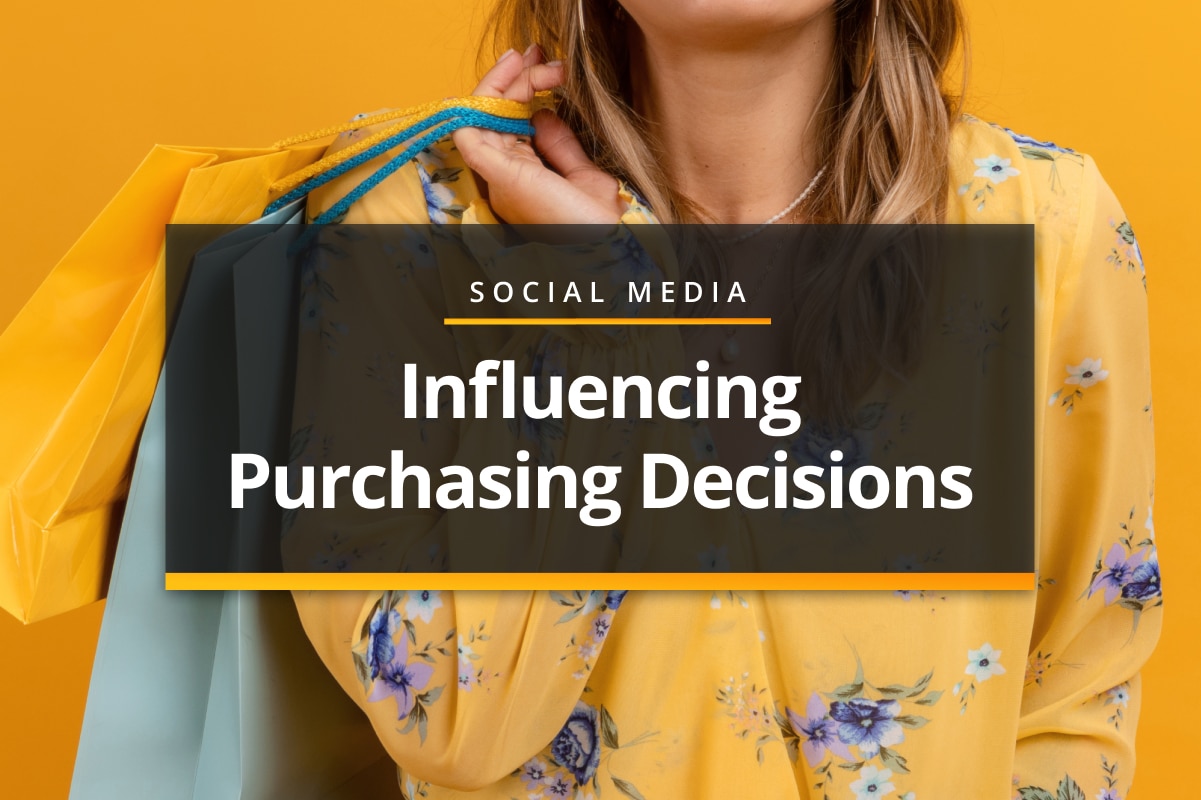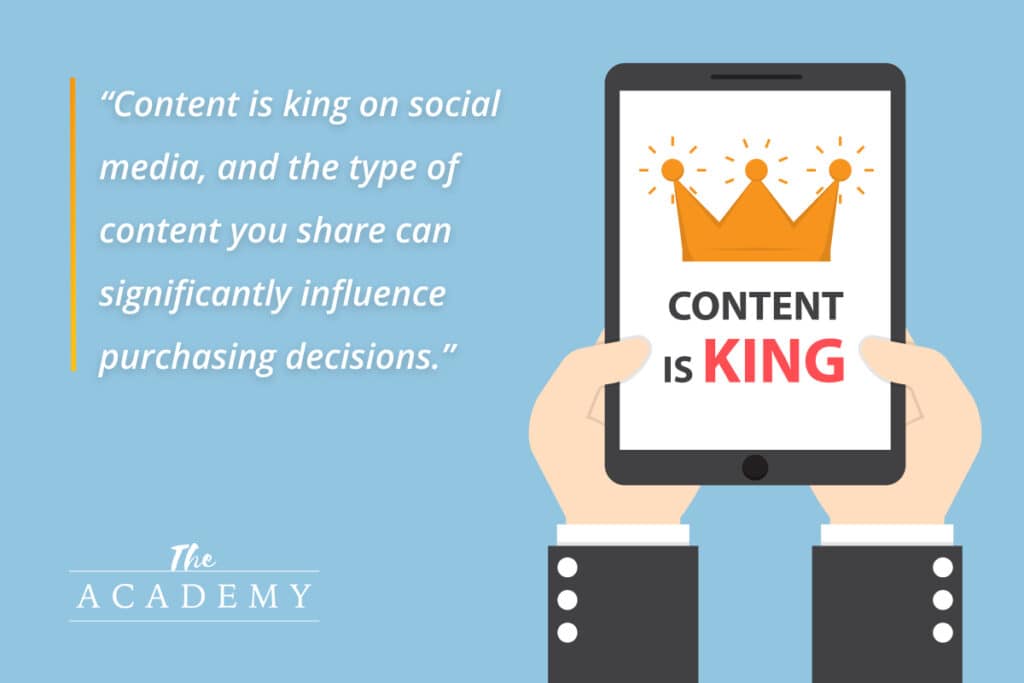
In the digital age, social media has transformed from a platform for casual interactions into a powerful tool that influences purchasing decisions across various industries. Businesses, both large and small, can leverage social media to build brand awareness, engage with potential customers, and ultimately drive sales. Understanding how to effectively use social media to influence purchasing decisions is crucial for any business looking to thrive in today’s competitive market.
The Role of Social Media in Modern Consumer Behavior
Social media platforms like Facebook, Instagram, Twitter, and LinkedIn have become integral parts of consumers’ daily lives. These platforms offer businesses a unique opportunity to connect with their audience on a personal level. According to recent studies, a significant percentage of consumers turn to social media for product recommendations and reviews before making a purchase. This shift in consumer behavior highlights the importance of a strong social media presence for any brand.
Building Trust Through Authentic Engagement
One of the key factors that influence purchasing decisions is trust. Consumers are more likely to purchase from brands they trust, and social media provides an excellent avenue for building this trust. Authentic engagement with your audience, such as responding to comments, addressing concerns, and sharing user-generated content, can significantly enhance your brand’s credibility.
Encouraging satisfied customers to share their experiences on social media is another effective way to build trust. Positive testimonials and reviews from real customers serve as powerful endorsements that can sway potential buyers. Consider running campaigns that incentivize customers to share their experiences with your products or services, such as offering discounts or freebies for social media shout-outs.
Leveraging Influencer Partnerships
Influencer marketing has become a cornerstone of social media strategies for many brands. Partnering with influencers who have a strong following and align with your brand values can amplify your reach and impact. Influencers have the ability to sway their audience’s opinions and behaviors, making them valuable partners in influencing purchasing decisions.
When selecting influencers to work with, it’s essential to choose those whose audience matches your target demographic. Authenticity is key here as well; consumers are becoming increasingly savvy and can spot inauthentic endorsements. Collaborating with influencers who genuinely believe in your product can result in more effective and credible promotions.

Creating Compelling Content
Content is king on social media, and the type of content you share can significantly influence purchasing decisions. High-quality visuals, engaging videos, and informative posts can capture your audience’s attention and encourage them to learn more about your offerings.
Educational content that provides value to your audience can position your brand as an authority in your industry. For example, a roofing company could share tips on maintaining roofs, the benefits of different roofing materials, or how to identify signs of damage. This not only helps potential customers but also builds trust and positions the company as a knowledgeable and reliable source.
Utilizing Social Proof
Social proof is a psychological phenomenon where people look to others’ actions to determine their own. On social media, social proof can take many forms, such as likes, shares, comments, and testimonials. Showcasing these interactions can influence potential customers by demonstrating that others trust and endorse your brand.
Sharing user-generated content is an excellent way to leverage social proof. Encourage your customers to post about their experiences with your products and tag your brand. Reposting these testimonials not only provides authentic content but also shows potential customers that people like them are happy with your products.
Analyzing and Adapting Your Strategy
Finally, it’s crucial to continuously analyze the performance of your social media efforts and adapt your strategy accordingly. Use analytics tools to track engagement, reach, and conversions. Understanding which types of content resonate with your audience and drive the most sales can help you refine your approach.
Regularly reviewing your social media strategy allows you to stay ahead of trends and make data-driven decisions. By staying agile and responsive to your audience’s preferences, you can continuously improve your influence on their purchasing decisions.
For example, if you regularly create Reels or short videos, you can use metrics to indicate how effective they are. If you get a decent amount of views but very little likes or comments, people may not resonate with the type of content you’re putting out. You can use that input to adjust your social content creation strategy and hopefully see improved results going forward.

Conclusion
Social media is a powerful tool for influencing purchasing decisions when used strategically. By building trust through authentic engagement, leveraging influencer partnerships, creating compelling content, utilizing social proof, and continuously analyzing your efforts, you can effectively sway potential customers and drive sales. Embracing these strategies will not only enhance your social media presence but also contribute to your overall business success in today’s digital landscape.
Most Popular Articles

Seeing Favicons in Your Google Search Results? Here’s Why…
Have you noticed anything different in your Google Search results lately? Google added tiny favicon icons to its organic search results in January. It was…

Business Growth and Digital Marketing News & Tips 11-17-24
Are you encouraging and rewarding innovation? Lee Cockerell is the former Executive Vice President of Operations at Walt Disney World. A lover of traditional red…

Business Growth and Digital Marketing News & Tips 11-27-24
A culture of gratitude "Feeling gratitude and not expressing it is like wrapping a present and not giving it." – William Arthur Ward Beyond being…








